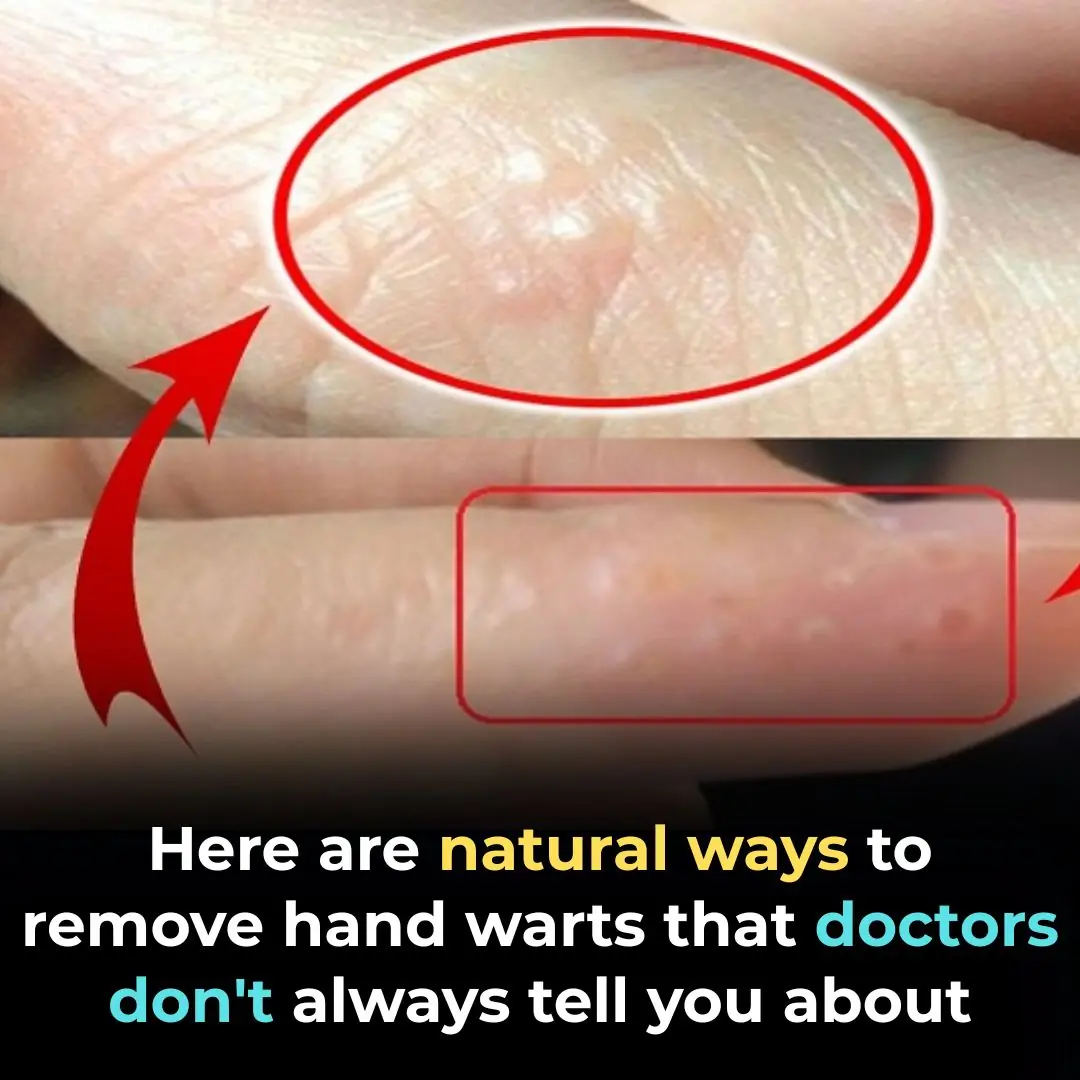
15 Nighttime Signs of Diabetes You Shouldn’t Ignore

Diabetes doesn't just affect you during the day — it can significantly disrupt your sleep and cause a range of uncomfortable or even dangerous symptoms at night. Recognizing these nighttime warning signs is vital for early detection, proper management, and to help prevent complications, especially involving vital organs like the kidneys.
In this article, we’ll explore the most common nighttime symptoms of diabetes, what causes them, and how you can address them with lifestyle changes and targeted remedies.
1. Frequent Nighttime Urination (Nocturia)
One of the most noticeable nighttime symptoms of diabetes is frequent urination, also known as nocturia. When blood sugar levels are high, your kidneys work overtime to filter out the excess glucose. This pulls water from your body, leading to increased urination and potential dehydration.
If you’re waking up multiple times a night to use the bathroom, this could be an early sign of poor blood sugar control — and it shouldn’t be ignored.
2. Excessive Thirst

Along with nocturia, many diabetics experience intense thirst during the night. This is a result of the body's attempt to correct dehydration caused by excessive urination.
The cycle can be vicious: high blood sugar causes water loss → you become dehydrated → you drink more water → you urinate more — and essential minerals like potassium, calcium, and magnesium are lost in the process, further worsening symptoms.
3. Restless Leg Syndrome (RLS)
Restless leg syndrome is a common but often overlooked symptom in people with diabetes. It typically arises from deficiencies in magnesium and vitamin B1, which are often depleted in high-carb or sugar-heavy diets.
This condition leads to uncomfortable tingling, pulling, or twitching sensations in the legs — particularly at night — making it hard to fall or stay asleep. Replenishing these nutrients can bring relief and improve sleep quality.
4. Peripheral Neuropathy
Burning, tingling, or numbness in the feet or lower legs — especially at night — is a strong sign of peripheral neuropathy, a common complication of diabetes.
Why does it get worse at night? While you're lying down, blood tends to pool in the lower limbs, putting more pressure on already-damaged nerve endings. Supplementing with B vitamins and alpha-lipoic acid may help repair nerves and reduce pain.
5. Leg Cramps
Frequent leg cramps during the night may indicate a magnesium deficiency, which is particularly common among diabetics. Without enough magnesium, muscles can contract uncontrollably, causing painful spasms.
Taking a magnesium supplement like magnesium glycinate before bed not only helps reduce cramps but can also promote deeper, more restful sleep.
6. Excessive Night Sweating
If you find yourself waking up drenched in sweat, especially around the neck, chest, or face, it could be linked to blood sugar fluctuations. Low blood sugar levels can trigger the sympathetic nervous system, releasing adrenaline and causing intense sweating — even when the room is cool.
This type of sweating isn't just uncomfortable; it may signal that your blood sugar management plan needs adjustment.
7. Sleep Apnea
Sleep apnea is increasingly common among people with diabetes and is closely associated with insulin resistance. In this condition, the muscles in the throat relax too much during sleep, leading to interrupted breathing and reduced oxygen intake.
Not only does this lower your sleep quality, but it also increases your risk of heart disease, weight gain, and poor glucose control. Losing weight and reducing sugar intake can significantly reduce the severity of sleep apnea symptoms.
8. Hypoglycemia (Low Blood Sugar at Night)
Waking up suddenly in a panic, drenched in sweat, or with a racing heart can be a sign of nocturnal hypoglycemia — when blood sugar drops too low during sleep. This often happens in those taking insulin or certain diabetes medications.
The body releases stress hormones like cortisol and adrenaline to raise blood sugar levels back to normal, which disrupts sleep and can lead to long-term fatigue.
9. Difficulty Falling Asleep (Delayed Sleep Onset)
High blood sugar can suppress melatonin, the hormone responsible for regulating sleep cycles. As a result, you may lie awake for hours even if you feel exhausted.
Following a low-carb diet, especially in the evening, can help restore melatonin production and improve sleep onset.
10. Gastric Reflux (GERD)
Many diabetics suffer from acid reflux or GERD, particularly at night. High blood sugar can disrupt the autonomic nervous system, which controls digestive processes, including the opening and closing of the stomach valve.
Reflux symptoms — such as heartburn, coughing, or a sour taste — can keep you awake or disturb your sleep. A ketogenic or low-carb diet, along with earlier mealtimes, may provide significant relief.
11. Nightmares and Vivid Dreams
Disturbing dreams or nightmares may be more than just an overactive imagination. They can be related to vitamin B1 (thiamine) deficiency, often seen in those with poor glucose control.
These vivid dreams are sometimes paired with night sweats or sudden awakenings. Increasing B1 intake, especially in its fat-soluble form (benfotiamine), may help stabilize neurotransmitter activity and improve sleep quality.
12. High Blood Pressure at Night (Non-Dipping BP)
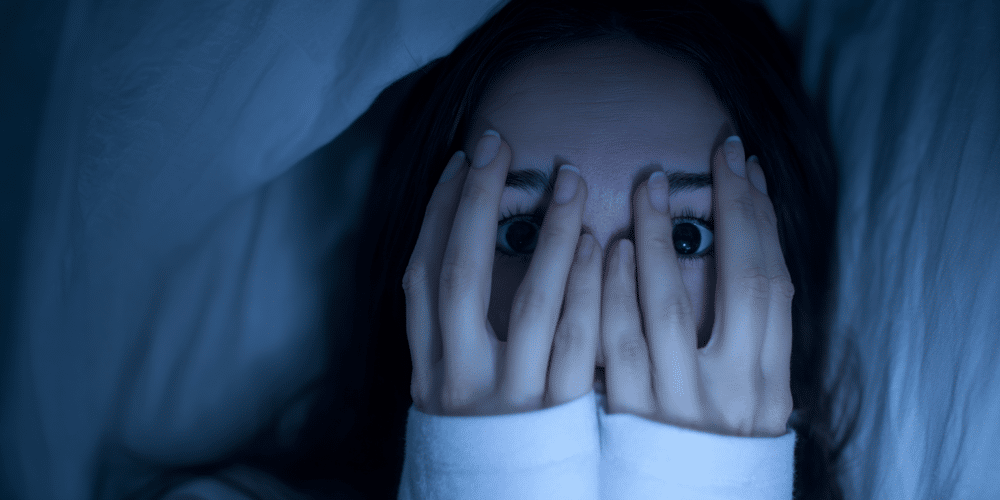
Normally, your blood pressure should dip during sleep. However, diabetics often experience non-dipping blood pressure, where it remains high even at night. This can result in feeling restless, alert, or unable to fully relax, despite physical exhaustion.
Chronic high blood pressure during sleep increases the risk of stroke and heart attack. Blood sugar control is essential to normalize this dangerous pattern.
13. Heart Palpitations
Palpitations, or the sensation of a racing or irregular heartbeat, may occur at night due to electrolyte imbalances, particularly low levels of magnesium and potassium — both common in diabetics.
Consider using a quality electrolyte supplement that is sugar-free and rich in key minerals to help regulate heart rhythm and reduce nighttime disturbances.
14. Teeth Grinding (Bruxism)
Teeth grinding during sleep is a sign that your body is in a stress response, often triggered by blood sugar imbalances or sleep disorders like apnea.
Not only does this damage teeth over time, but it can also cause jaw pain, headaches, and poor sleep. Managing stress, stabilizing blood sugar, and improving sleep hygiene can help reduce bruxism.
15. Morning Headaches
Waking up with a dull, throbbing headache can be a result of dehydration, low blood sugar, or electrolyte imbalances — all common in unmanaged diabetes.
To prevent this, ensure you're drinking enough water before bed and consider replenishing lost electrolytes with a balanced supplement.
Final Thoughts
Diabetes doesn’t clock out at bedtime. In fact, nighttime symptoms often provide the first clues that something is off with your blood sugar or metabolic health. From restless legs and sweating to high blood pressure and vivid dreams, each of these symptoms is your body’s way of sounding the alarm.
The good news? Most of these signs can be improved or even reversed through smart dietary changes — such as switching to a low-carb, nutrient-rich diet, staying hydrated, and supporting your body with the right vitamins and minerals.
Being proactive and listening to your body — especially during the quiet hours of the night — can help you avoid serious complications and take control of your health.
News in the same category


Medicinal Health Benefits of Turmeric, Curcumin and Turmeric Tea Based on Science

The best way to lower blood pressure fast!
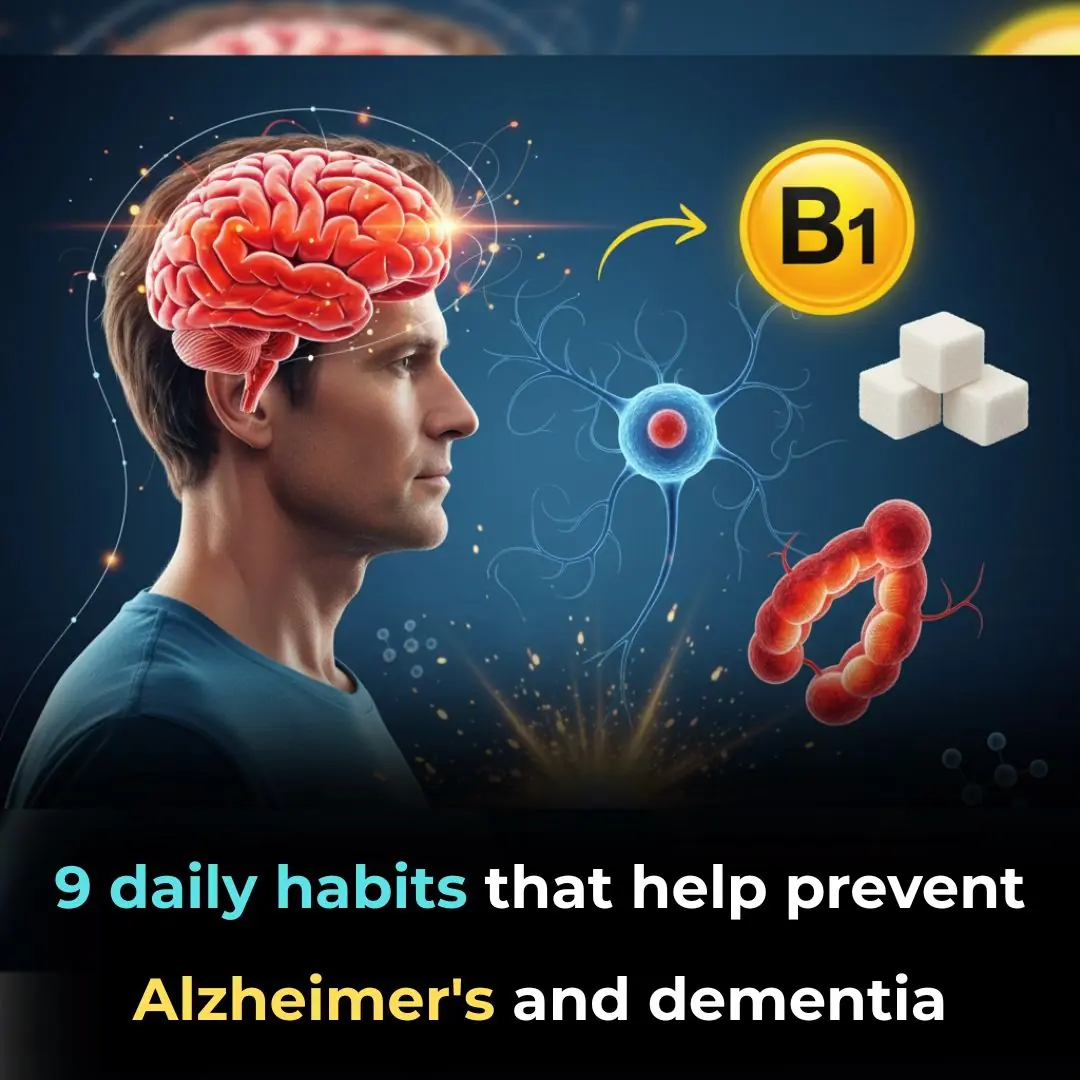
9 Habits You Need To Adopt Today To Stop Alzheimer’s or Dementia Before It Starts
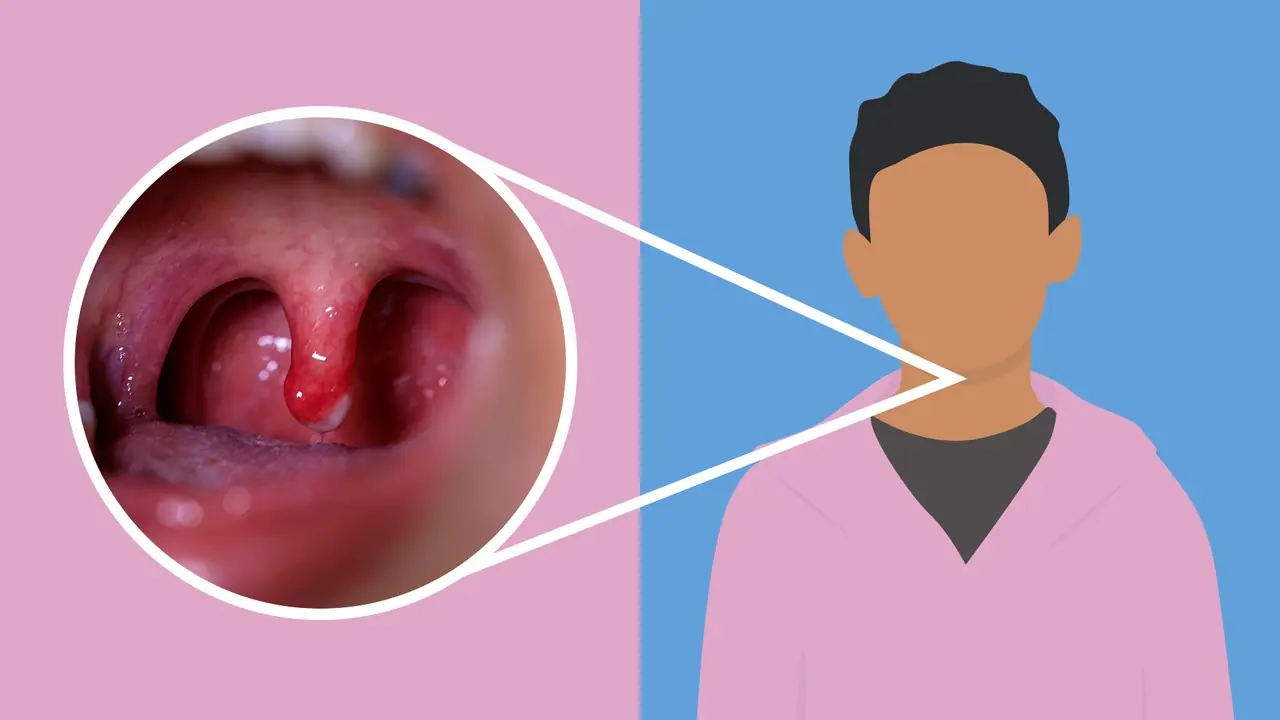
Get Rid of Throat Mucus Faster With These Highly Effective Natural Remedies
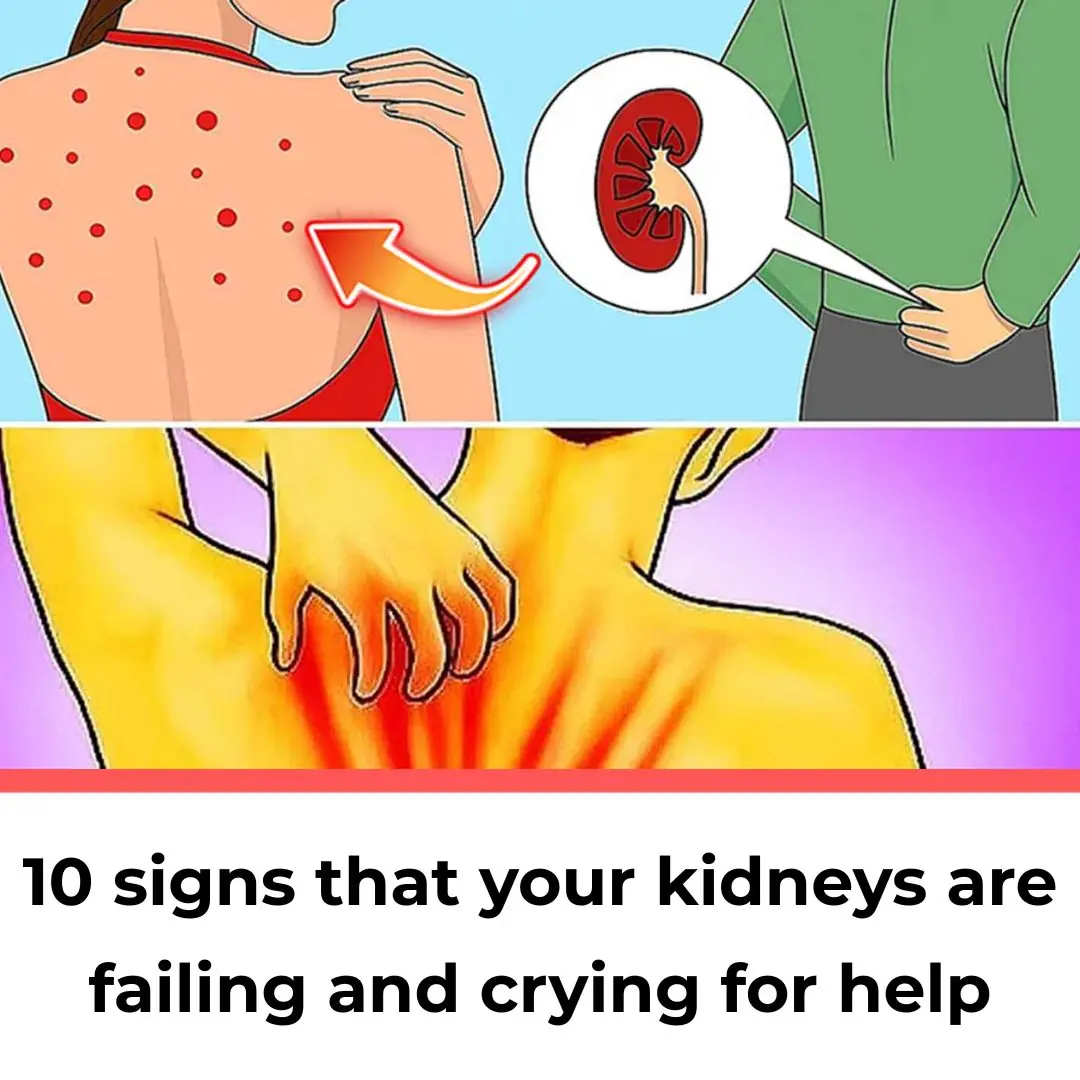
10 Symptoms of Kidney Disease
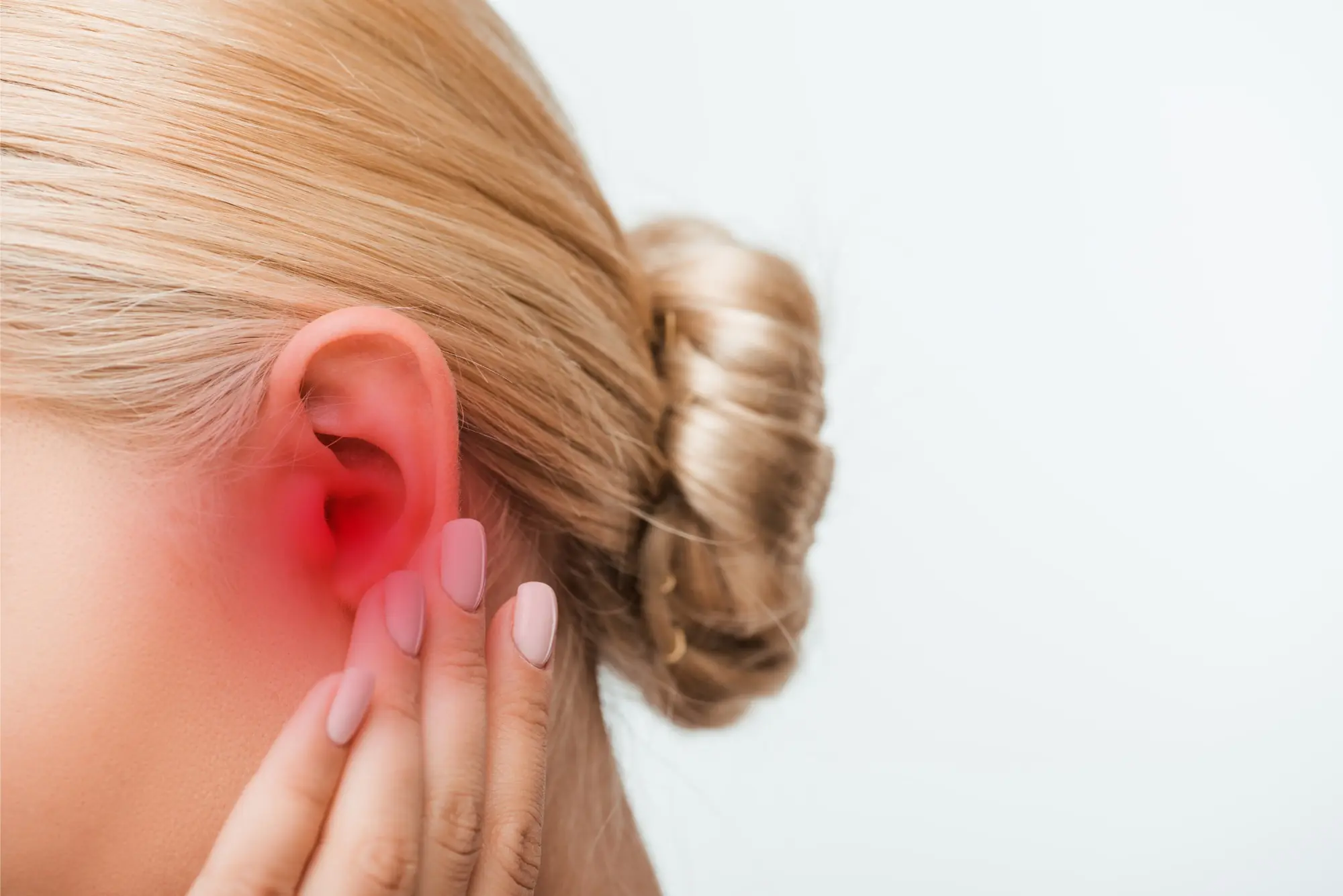
EAR PAIN EXPLAINED Causes, Relief & When to See a Doctor

Men Over 60: Chew This for 60 Seconds to Boost Energy & Confidence

How to Lose Weight with Cucumber! Simple & Quick Morning Recipe

5 Deficiencies Almost Everyone Has (But Doesn’t Know About)

Scientifically Proven Health Benefits of Papaya (Fruit) and Uses for the Seeds

Scientifically Proven Health Benefits of Extra Virgin Olive Oil
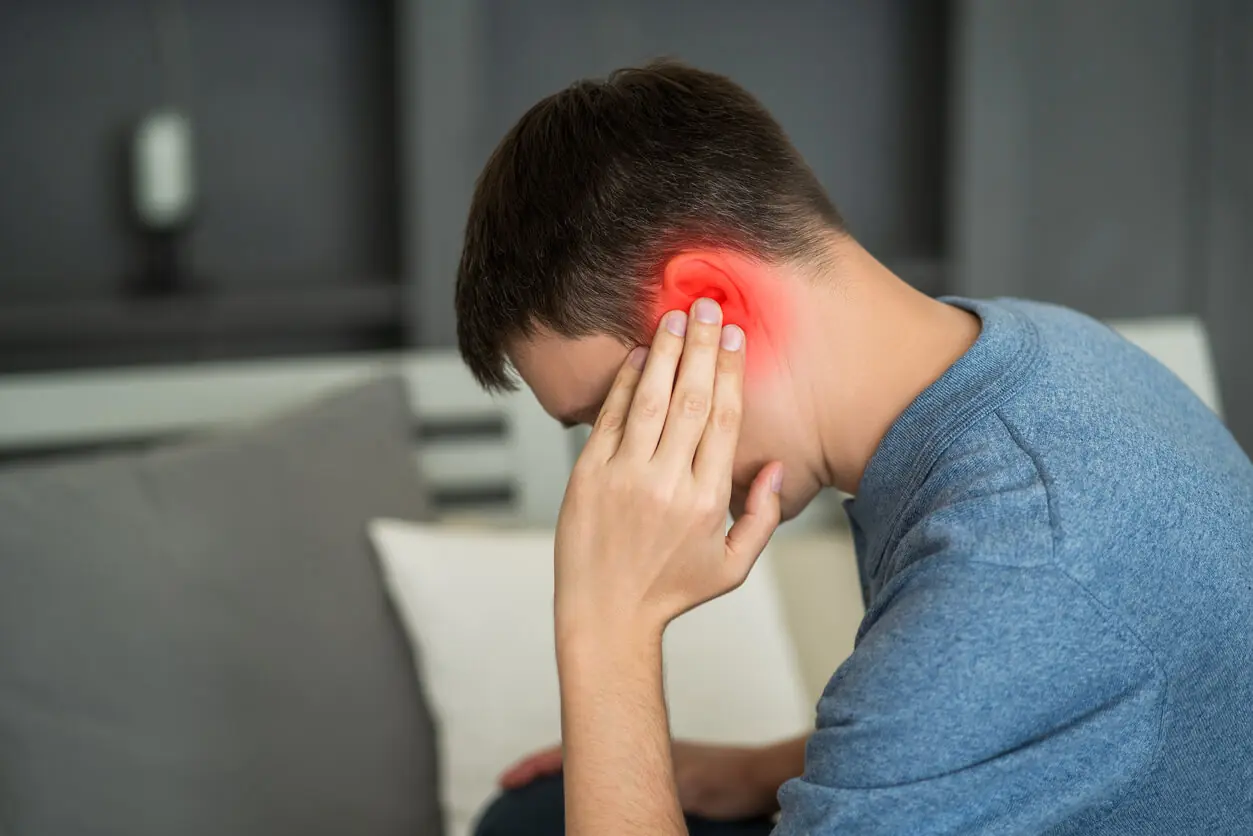
Sharp Pain in Ear: Causes, Treatments, and When to See a Doctor

Side effect of stopping omeprazole as NHS issues warning over use

Proven Health Benefits of Banana and Banana Peel Based on Science

Worrying health reality of what it means if you leave skids in the toilet
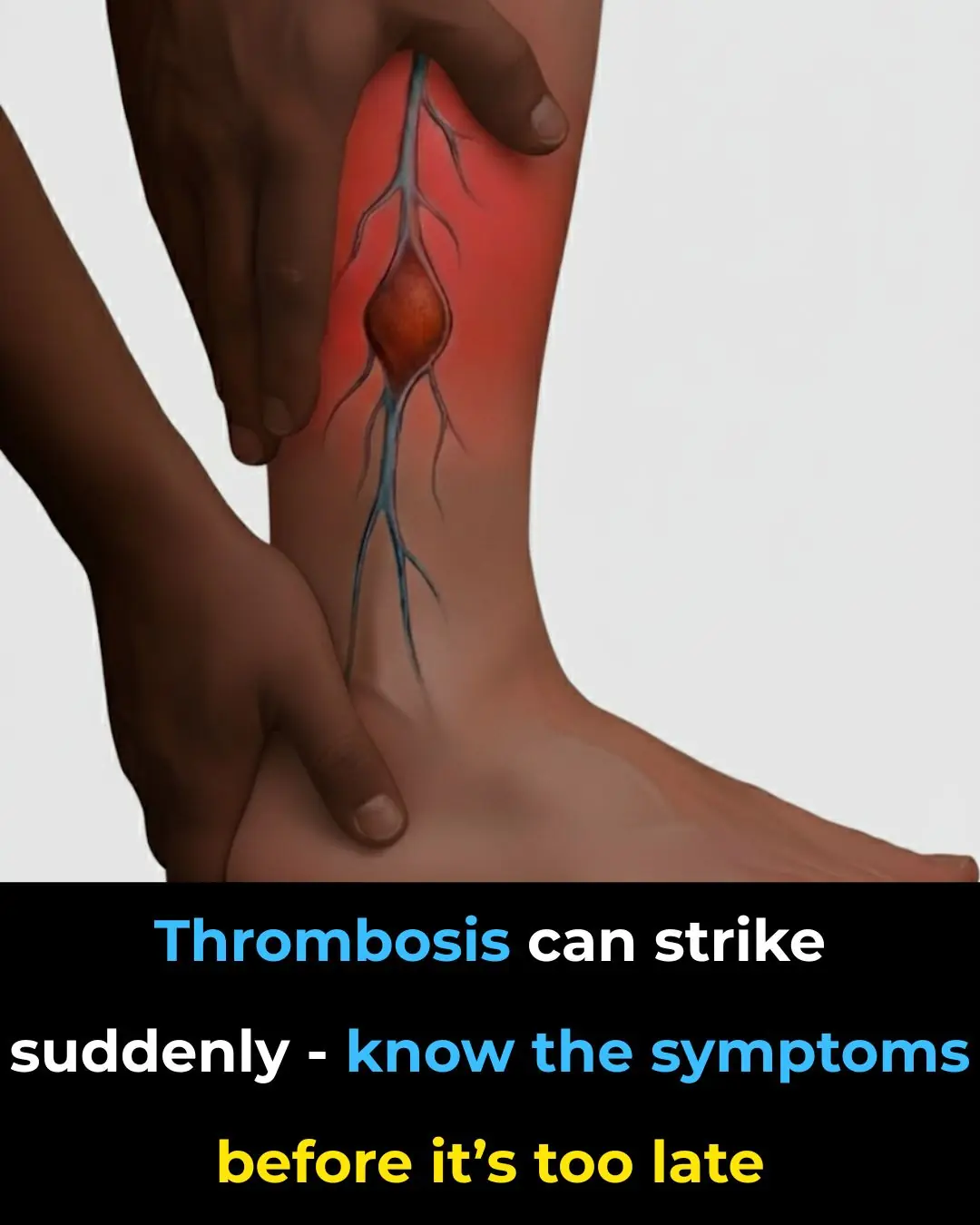
Blood Clot in Leg: Signs and Symptoms You Shouldn’t Ignore (Pictures Included)
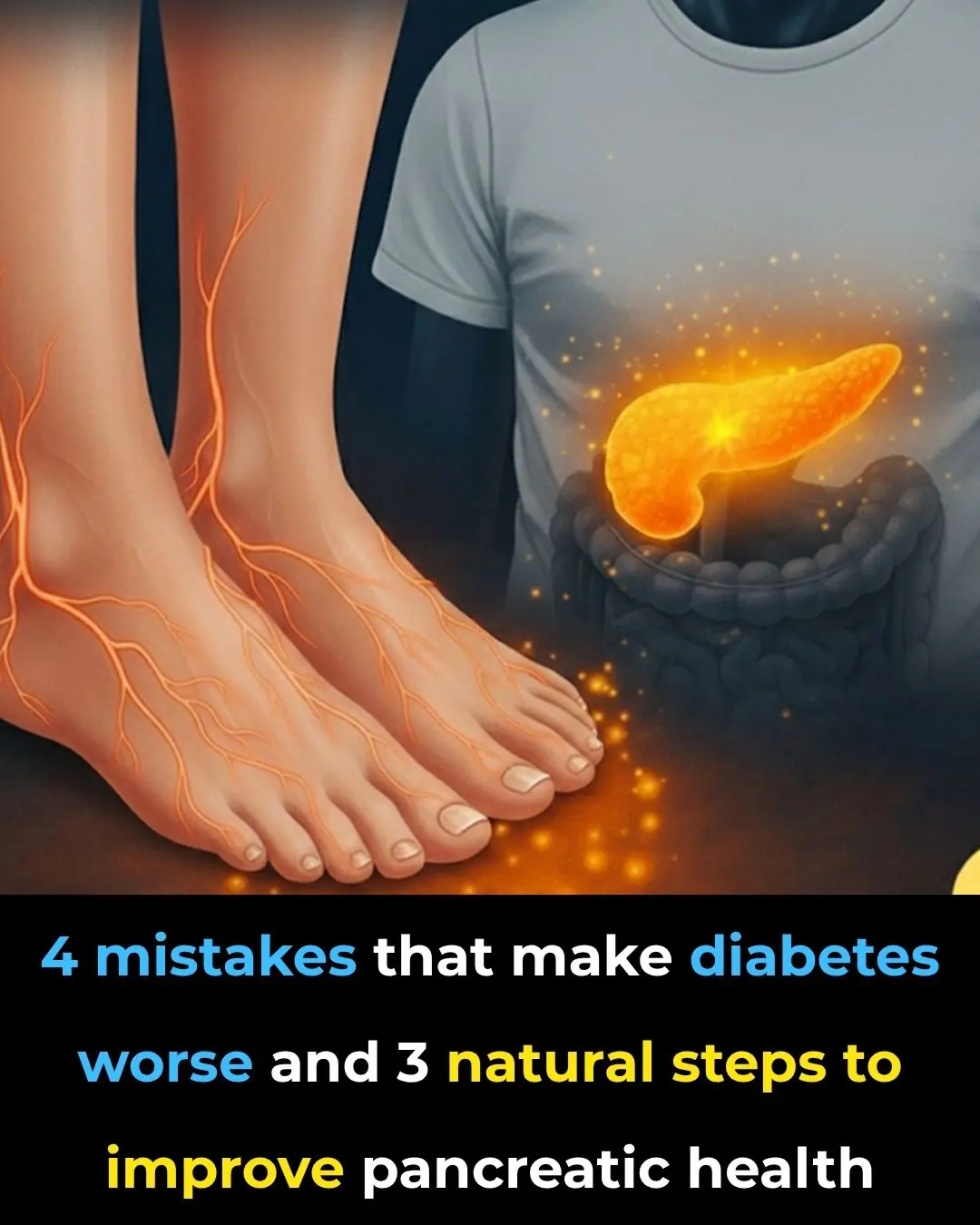
4 diabetes mistakes you MUST avoid + 3 Secrets to naturally regenerate your pancreas!

#1 best way to reverse & slow dementia
News Post

Aloe Vera and Cinnamon Remedy: Natural Benefits for Eye Health, Immunity, and Healing
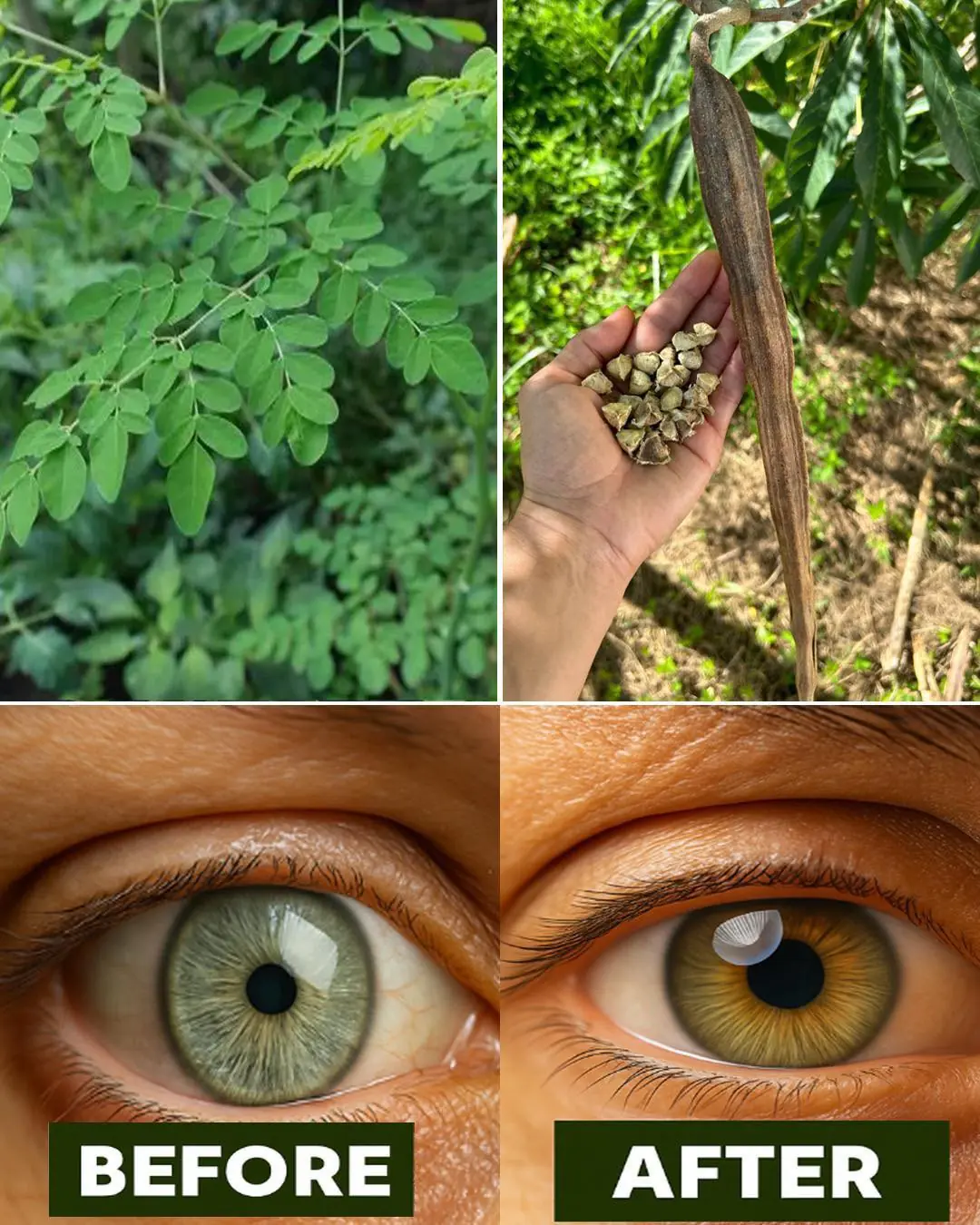
12 Powerful Benefits of Moringa Seeds

Goldenberries (Physalis peruviana): A Nutrient-Packed Powerhouse for Health and Vision

Oregano: The Golden Herb for Eye Health

Some of the Benefits of Castor Leaves and the Seed

10 Benefits and uses of purslane

Chanca Piedra (Stonebreaker): Benefits and Uses
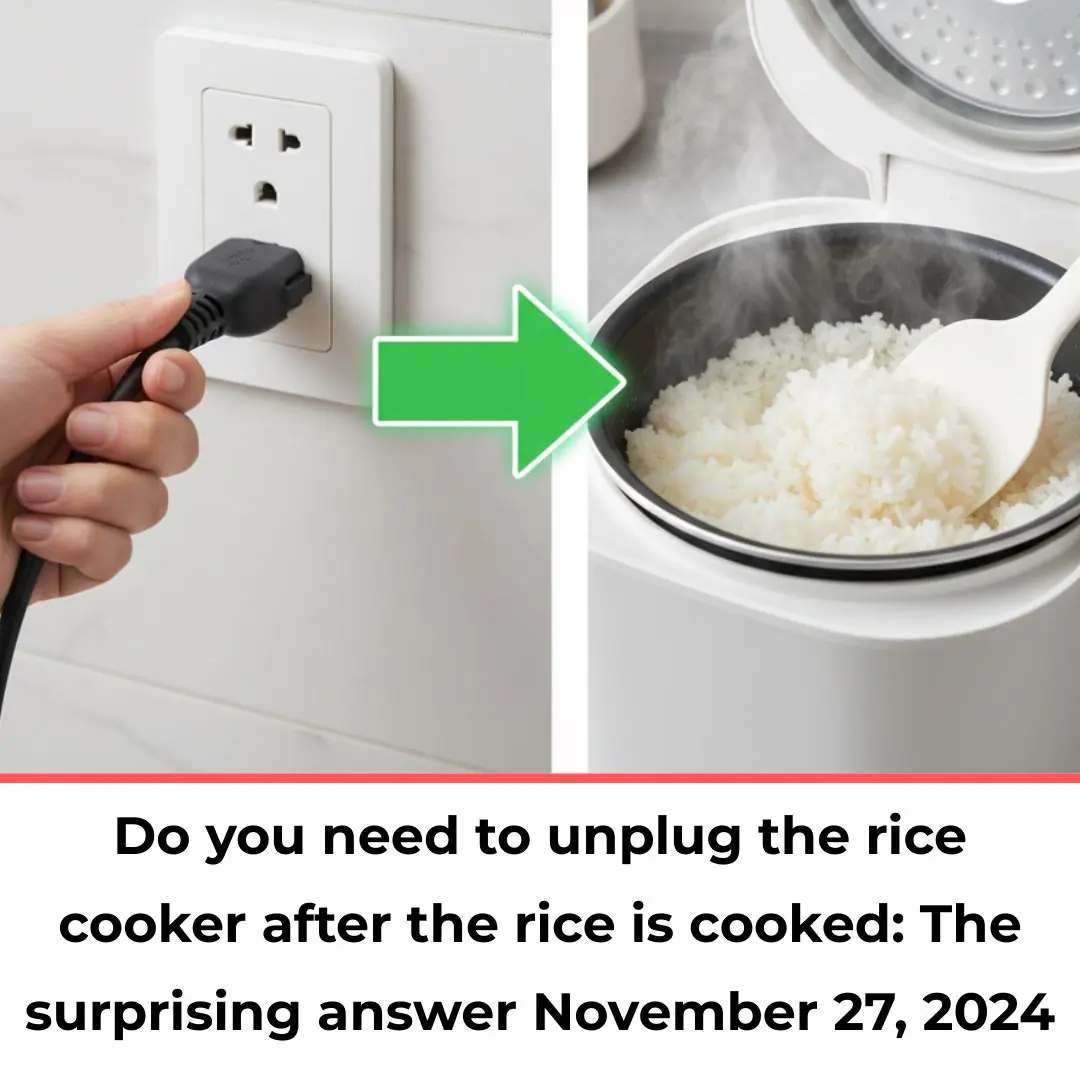
Do you need to unplug the rice cooker after the rice is cooked: The surprising answer November 27, 2024
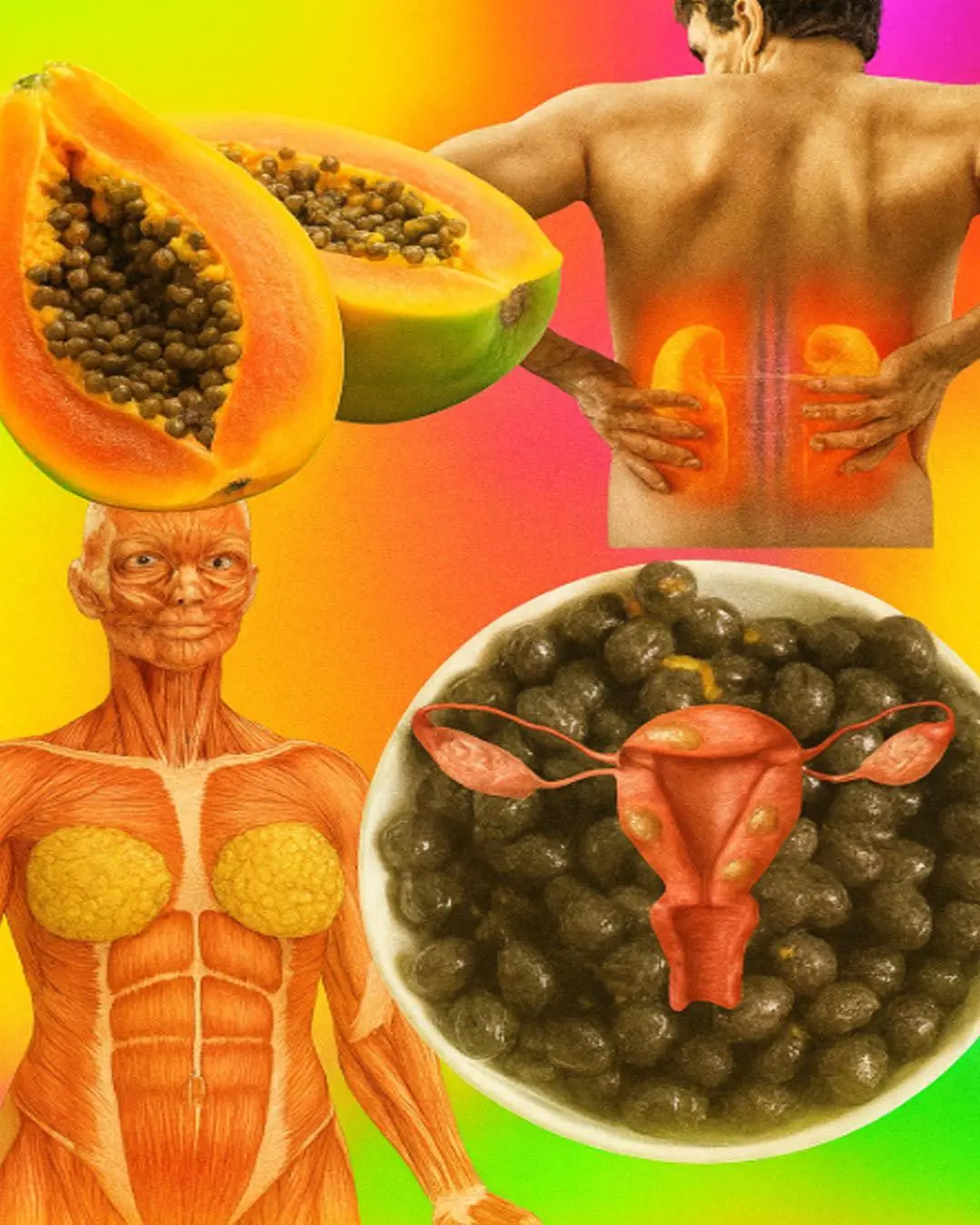
7 Benefits Of Papaya Seeds & How To Consume Them Correctly

Bougainvillea likes to 'eat' this the most, bury it at the base once and the flowers will bloom all over the branches

The elders say: "If you put these 3 things on top of the refrigerator, no matter how much wealth you have, it will all be gone." What are these 3 things?

Can rice left in a rice cooker overnight be eaten? Many people are surprised to know the answer.

After boiling the chicken, do not take it out immediately onto a plate. Do one more thing to make sure the chicken is crispy, the meat is firm, and the skin does not fall apart when cut.

Cut this fruit into small pieces and put it in the pot to boil the duck: The bad smell is gone, the meat is fragrant, soft and flavorful.

Warts on Hands: Causes and Effective Natural Treatments

Medicinal Health Benefits of Turmeric, Curcumin and Turmeric Tea Based on Science

4 ways to preserve green onions for a whole month without spoiling, fresh as new

The best way to lower blood pressure fast!

9 Habits You Need To Adopt Today To Stop Alzheimer’s or Dementia Before It Starts
